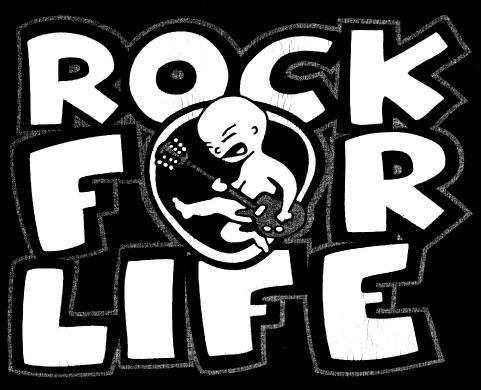 Apologies for this not coming out on Tuesday, but I have been enjoying life with my wife and newborn daughter Reagan. So I had more fun holding Reagan than thinking about writing this weekend. So to make up for my absence, here is a picture of her on our drive home from the hospital.
Apologies for this not coming out on Tuesday, but I have been enjoying life with my wife and newborn daughter Reagan. So I had more fun holding Reagan than thinking about writing this weekend. So to make up for my absence, here is a picture of her on our drive home from the hospital. Now, onto the blog.
-------------------------
Observation and Confession time.
We all have preferences. Mine?
Coffee? Two creams, one sugar.
Hamburgers? All the way.
Style of preaching? Conversational.
Leadership? Relational and influential.
As weird as this sounds, I don't like using jargon. Especially Christian jargon.
 "Praise the Lord.
"Praise the Lord.Amen, brother.
God is faithful like that.
Blessed and highly favored.
Saved. Sanctified. And filled with the Holy Ghost.
Bless their heart."
First, there came a point in my life when I realized that everybody doesn't talk this way. But our pastors and preachers have used these phrases from the pulpit for years. And people in the crowd know what they mean, or at least pretend they do.
When I figured out that non-Christians, and Christians who don't go to these types of churches, don't use or even understand these phrases, I made it a point to use terms everyone knows, with the intention to be understood by more people.
Obviously, I'm not the only one who feels this way. You probably feel the same, or at least know people who do. Pointing this out isn't all that significant. I know.
What I want to confess is that now, since it's been so long since I switched, I get agitated when I hear it. Annoyed even. And I've watched friends of mine even make fun of people who speak this 'Christianese'.
So I've come some sort of full circle.
I used jargon.
I noticed the problems with jargon.
I quit speaking jargon.
I get annoyed with people who use jargon.
I was annoyed at myself for getting annoyed at people using jargon.
And now I get annoyed when other people get annoyed for people using jargon.
And I don't really know what to think. Does this even matter? I think so because it negatively affects our attitudes towards other Christians. Do I have a solution? Besides getting over it? Nope. What do you think?
But again, I don't want a secret code that only certain people understand. I don't want people to need a translator to know that I'm giving them advice.
-------------
Does it bother you? Do you think it's a big deal?






















